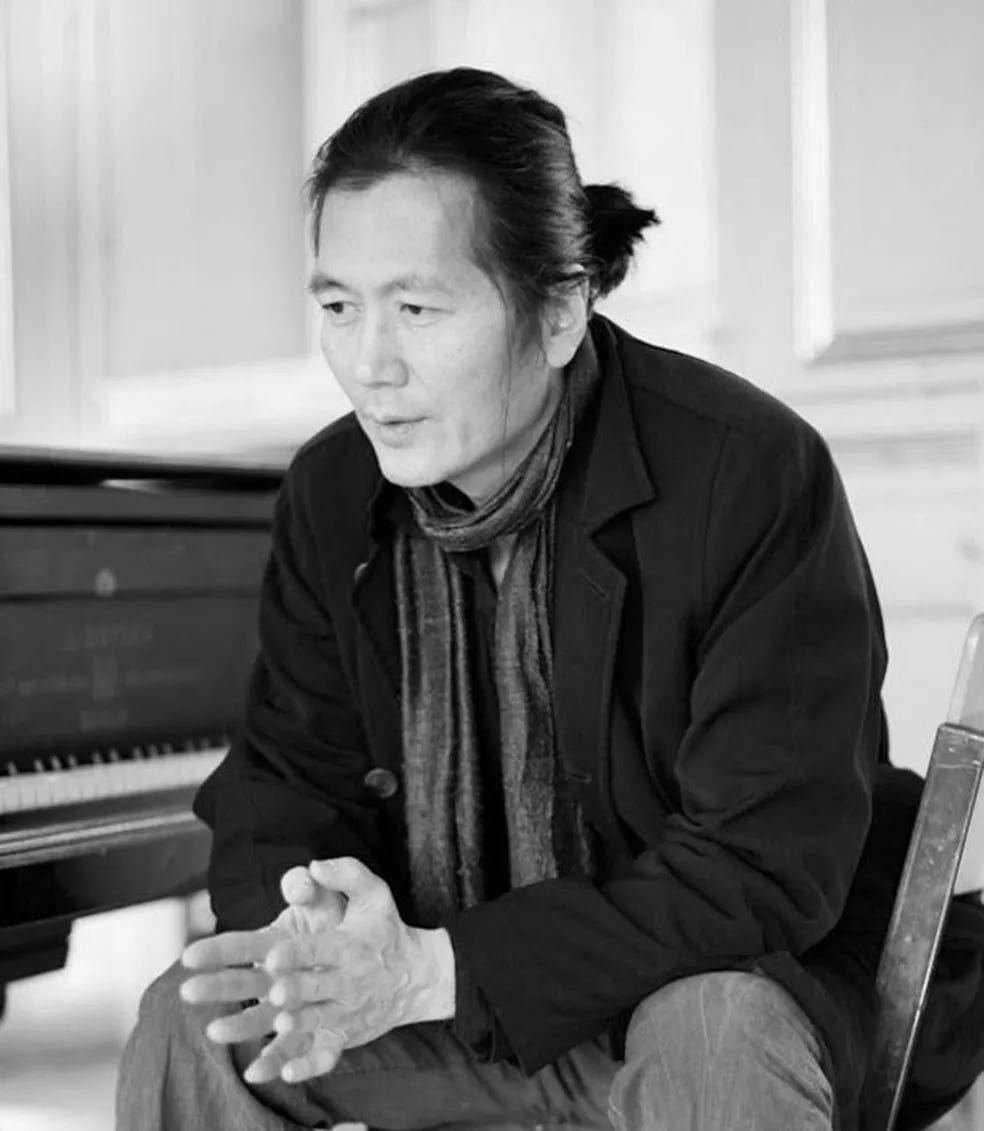The Age of Perpetual Self-Optimization
Parsing Korean Philosopher's Byung-Chul Han's Deep Critique
Lately, I’ve been thoroughly enjoying the work of South Korean philosopher Byung-Chul Han, with some caveats, to be explored in what follows. If the journalist Chris Hedges is akin to a modern-day George Orwell, shaking his raised fist at the corrupt establishment, then Han is a updated version of Theodor Adorno, raging against the underlying dislogic, the “rational irrationality,” of contemporary society. Born in 1959, Han has lived in Germany for many years, teaching at Berlin University. His critiques of contemporary society in Psychopolitics, The Burn-Out Society, Infocracy, and other works resemble, in some ways, those of the late Mark Fischer, author of Capitalist Realism and the sadly incomplete Acid Communism, who I wrote about last year.

For those who don’t know him, Adorno (1903 - 1969) was a philosopher of the Frankfurt School (which also included such luminaries as Max Horkheimer, Hannah Arendt, and Herbert Marcuse). Mainly Jews, these thinkers escaped from Nazi Germany to settle in New York City, where they founded the New School for Social Research. Many of the Frankfurt School thinkers expressed profound pessimism about the destiny of Capitalism and industrial civilization. Adorno, particularly, railed against popular culture and Hollywood. A fan of Classical music up to Schoenberg, he hated jazz, calling it “the false liquidation of art,” and also “the mechanical reproduction of a regressive moment, a castration symbolism.” These comments look absurd from our vantage point.
In Dialectic of Enlightenment, Adorno and Horkheimer explored “the anti-reason of totalitarian capitalism, whose technique of satisfying needs, in their objectified form determined by domination, makes the satisfaction of needs impossible and tends toward the extermination of humanity.” Their analysis of the dialectic between reason and barbarism, freedom and domination, remains relevant today, even if Adorno’s career as a jazz critic is best forgotten.
Like Adorno, Han expresses a dark, robust pessimism about the tonality — the warp and woof — of contemporary life. He believes we are trapped by a digital panopticon, a system of near-total control, still masquerading (at least in some of the world) as a liberated society. “Neoliberalism represents a highly efficient, indeed an intelligent, system for exploiting freedom,” he writes. “Everything that belongs to practices and expressive forms of liberty – emotion, play and communication – comes to be exploited.”
Perpetual Self-Optimization as Internalized Domination
Like Han, I see value in negative critique, rather than pushing away grief, even despair, to embrace a false positivity that fits the algorithms. However, I believe social theorists have a responsibility to offer a constructive alternative. I tried to do this in How Soon Is Now. Han doesn’t go far in that direction. But perhaps this only makes sense: He argues that “positivity” itself — the always-happy face of the today’s brand of Neoliberal Capitalism, relentlessly focused on individual “self-optimization” — is a symptom of our all-encompassing crisis.
As a project deeming itself free of external and alien limitations, the I is now subjugating itself to internal limitations and self-constraints, which are taking the form of compulsive achievement and optimization… Although the achievement-subject deems itself free, in reality it is a slave. In so far as it willingly exploits itself without a master, it is an absolute slave… As the entrepreneur of its own self, the neoliberal subject has no capacity for relationships with others that might be free of purpose. Nor do entrepreneurs know what purpose-free friendship would even look like.
Reading this, I feel Han has caught onto something I have felt, without being able to articulate it, when I visit various communities and conferences of entrepreneurs. The sense of one’s self and one’s career as a “project” is deeply integrated: “Today, we do not deem ourselves subjugated subjects, but rather projects: always refashioning and reinventing ourselves.” Even something like an ayahuasca retreat, Tantra seminar, or yoga practice becomes something needed for a resumé — if not to achieve a competitive advantage, at least to not fall behind the pack.
Keep reading with a 7-day free trial
Subscribe to Liminal News With Daniel Pinchbeck to keep reading this post and get 7 days of free access to the full post archives.



